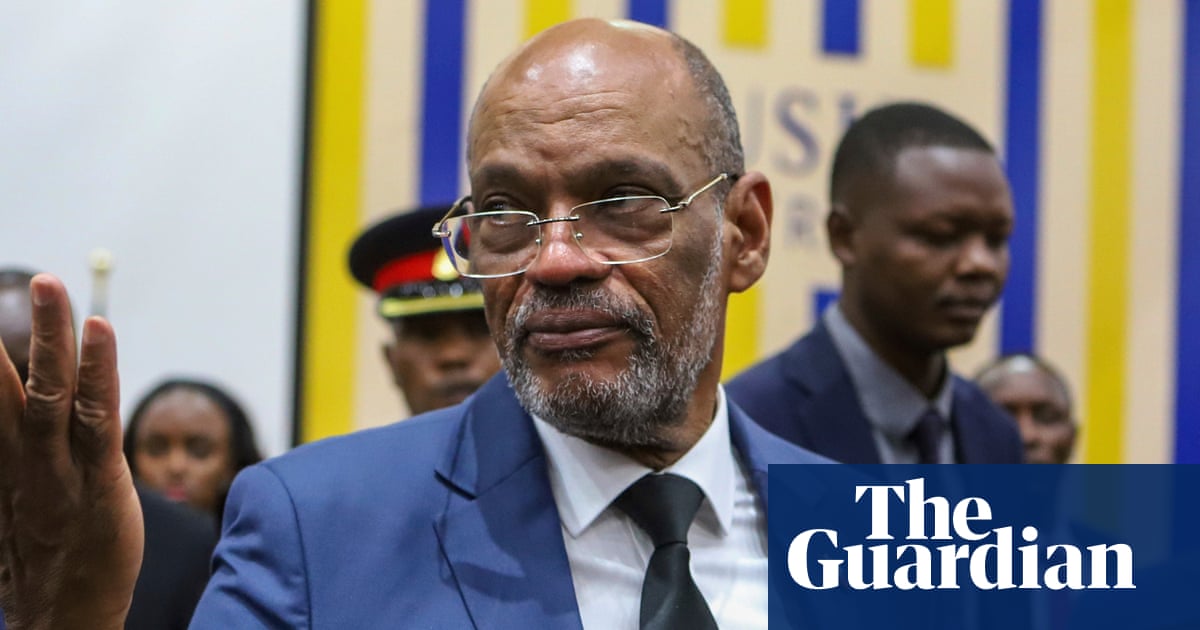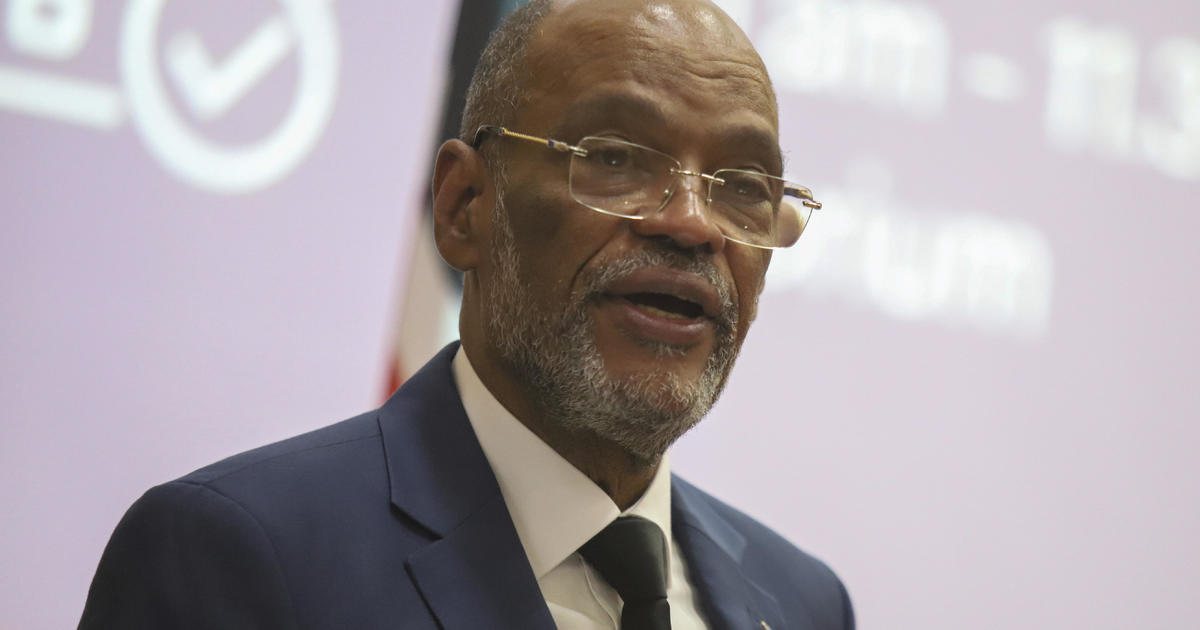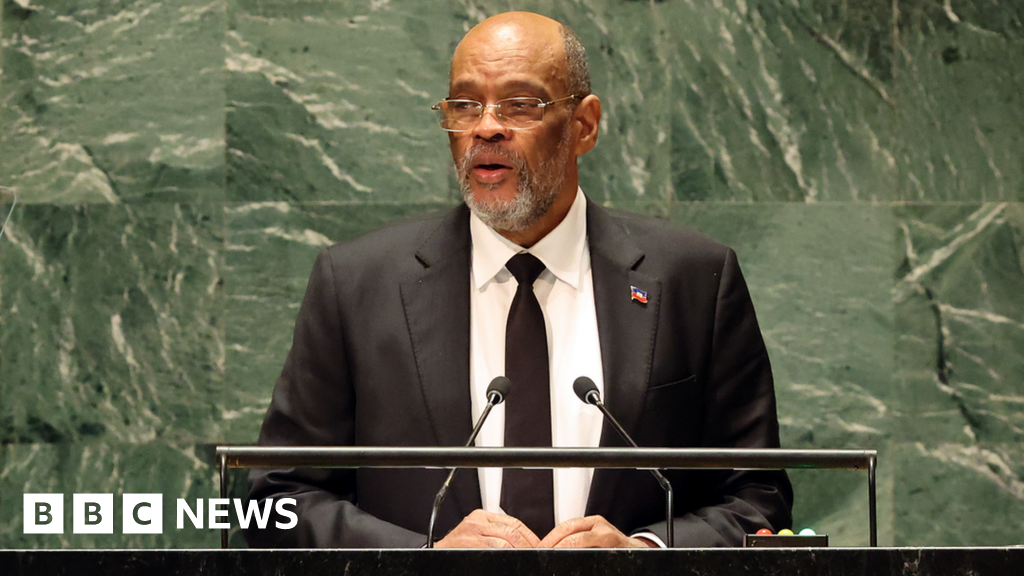Prime Minister Ariel Henry has announced his resignation amidst pressure and escalating violence in Haiti. Henry, who had been leading the country since July 2021 following Moïse’s assassination faced criticism for governing without being elected.

Also Read: Portugal’s Center-right Wins Election as Far-right Surges
Following the assassination of President Jovenel Moïse in July 2021, Prime Minister Ariel Henry assumed leadership unelected.
Haiti has faced chronic instability, dictatorships, and natural disasters, leaving it as the poorest nation in the Americas.
Following the 2010 earthquake that killed over 200,000 people, the country has been plagued by political unrest, including the assassination of President Jovenel Moïse in July 2021.
Henry’s resignation comes after weeks of violence orchestrated by heavily armed gangs, demanding his departure from office.
The capital Port-au-Prince, and surrounding areas have been under a state of emergency due to the gangs’ grip on the streets.
Gangs have tightened their control over Haiti, attacking police stations, storming prisons, and releasing thousands of inmates. Their influence goes to occupying government headquarters and controlling parts of the capital.
Regional leaders including those from the Caribbean Community (CARICOM), met in Jamaica to address the crisis in Haiti.
The United States, along with other nations has pledged support, including financial aid and the deployment of a UN-backed security force led by Kenya.
A transitional presidential council is set to be established, making the way for a political transition in Haiti. The council will comprise representatives from various sectors, including political parties, civil society, and the private sector with the goal of restoring stability and preparing for elections.
Also Read: Moscow: Student Jailed for Renaming Wi-Fi Network to Pro-Ukraine Slogan
Haiti is facing a crisis, with violence, looting, and displacement of thousands of people. Basic necessities such as food, water, and medical supplies are dwindling.
The resignation of Prime Minister Henry shows the problems facing Haiti, including governance deficits, institutional weaknesses, and the pervasive influence of armed gangs.
It addresses the urgent need for reforms and international assistance to stabilize the country and prevent further violence.
The security situation in Haiti has deteriorated rapidly, with armed gangs controlling large swathes of territory and engaging in violent confrontations with security forces.
The presence of gangs has hampered efforts to deliver aid and provide essential services to the population.
Henry’s resignation shows the ongoing political instability in Haiti characterized by power struggles, corruption allegations, and a lack of effective governance.
The involvement of regional organizations such as CARICOM addresses the importance of collective action in addressing Haiti’s crisis.
Regional leaders have called for a coordinated approach to support the country’s transition and restore stability.
Prime Minister Ariel Henry announced his resignation, agreeing to step aside once a transitional presidential council is established.
This decision follows calls for his resignation by regional leaders, Haitian political parties, and civil society amidst the violence.
The transitional council, comprising representatives from various sectors makes way for free and fair elections and restore governance in Haiti.
Also Read: US House Panel Advances Bill Potentially Banning TikTok






















